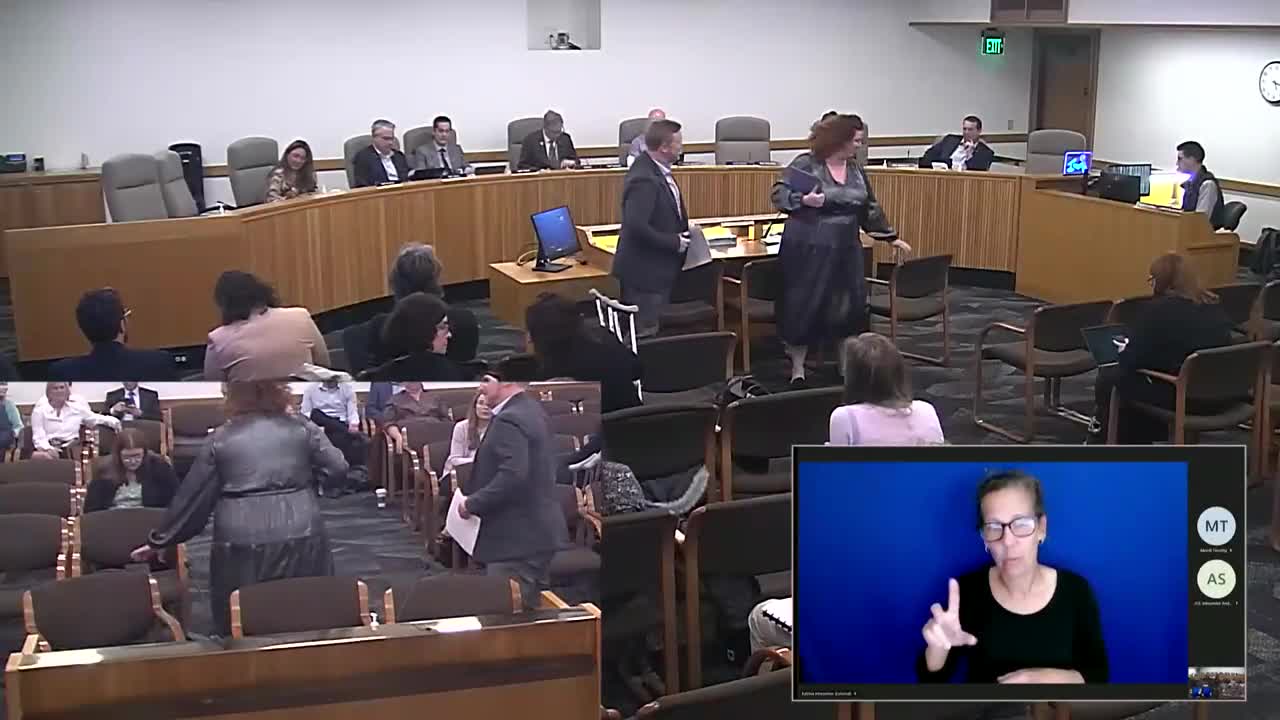Article not found
This article is no longer available. But don't worry—we've gathered other articles that discuss the same topic.
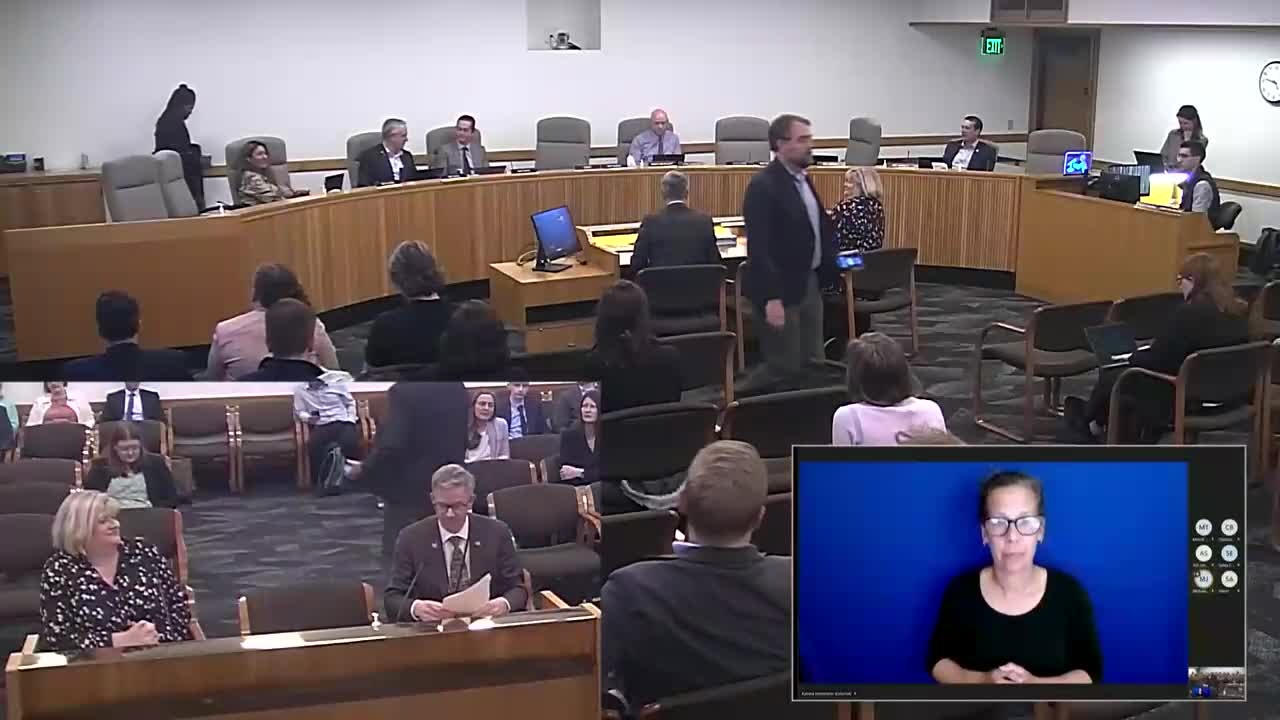
Oregon lawmakers consider narrow prior‑authorization reforms to reduce delays and add electronic access
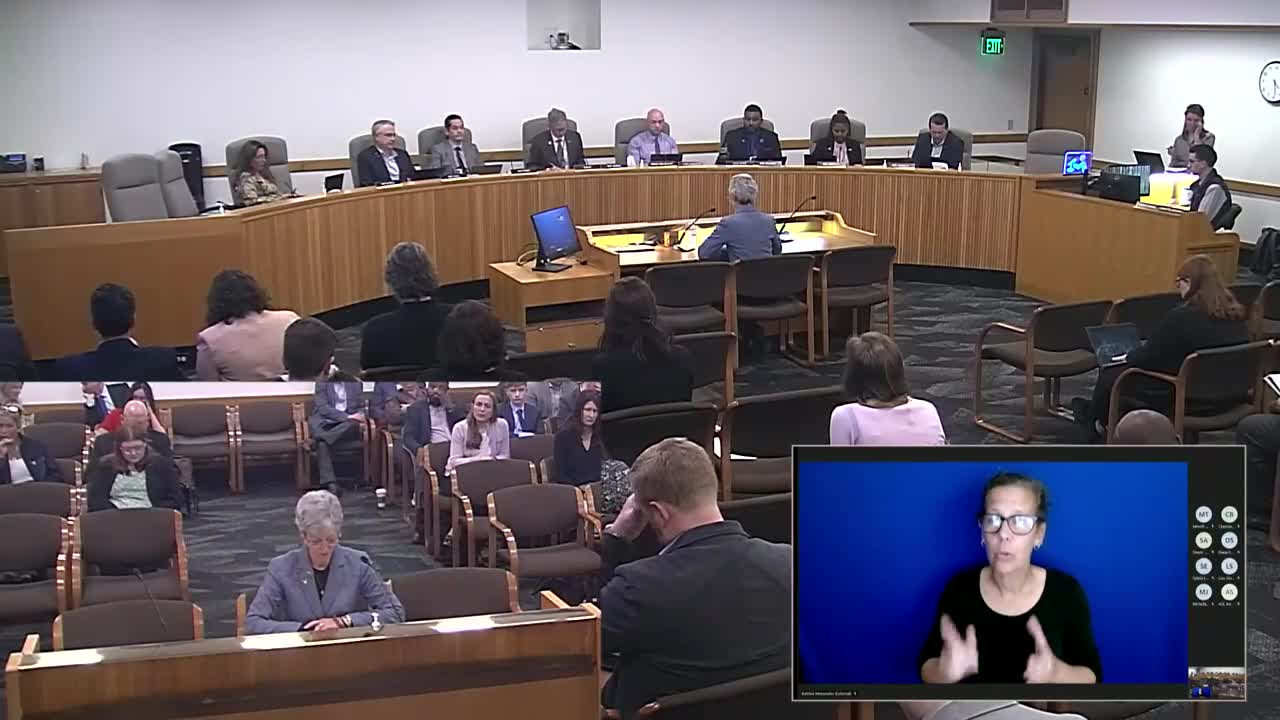
Lawmakers consider banning non‑competes for medical providers after local access losses
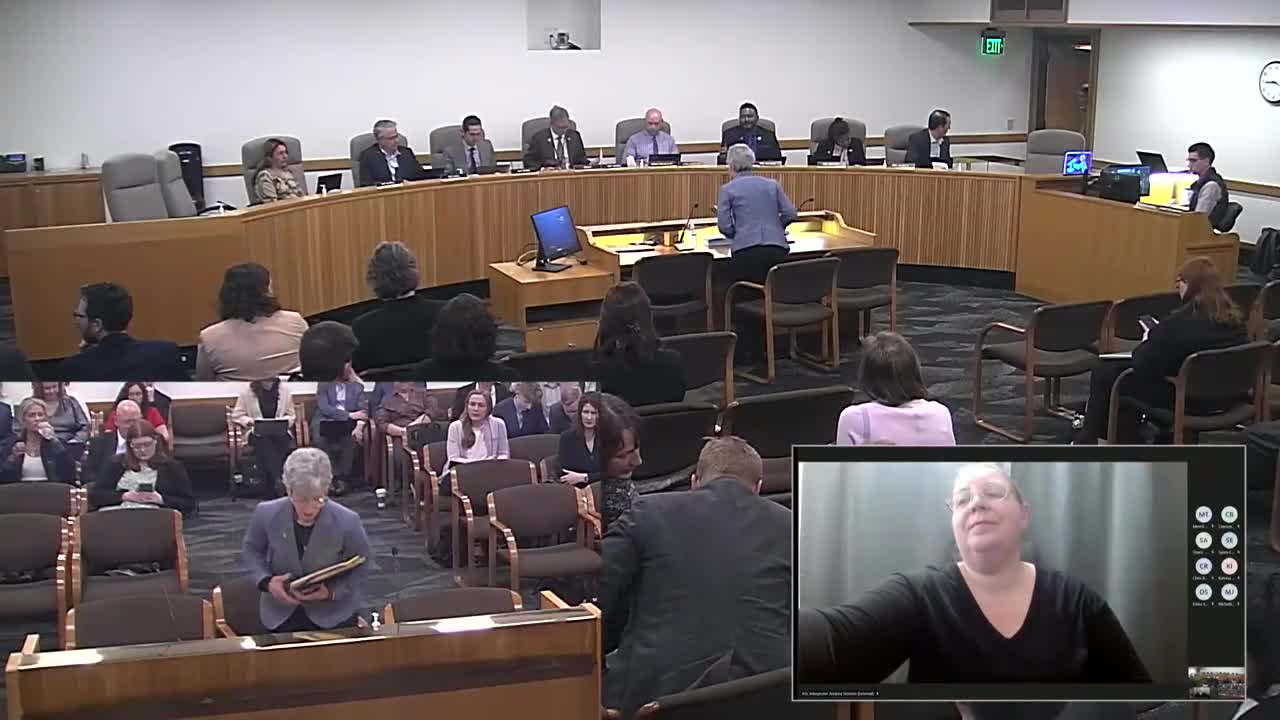
Physician groups push bill to require Oregon physicians hold majority control of local practices
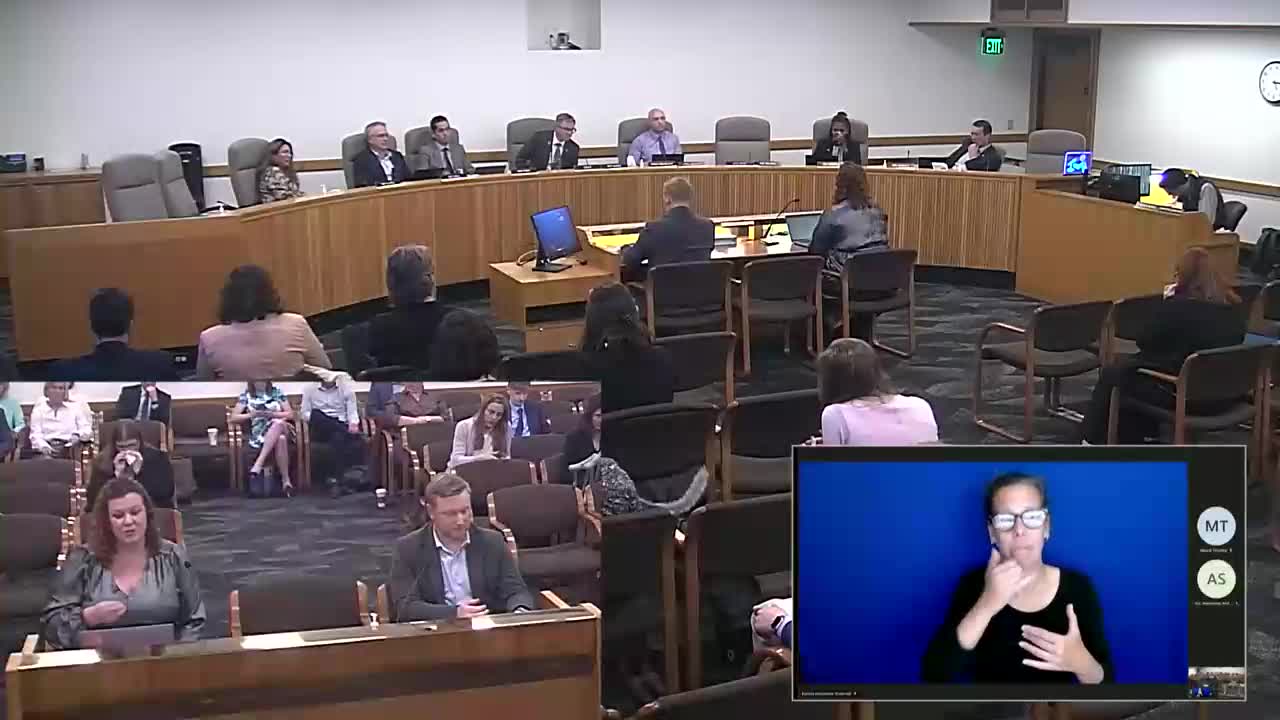
Former governor and lawmaker ask legislature to revisit “right‑to‑try” access to investigational drugs
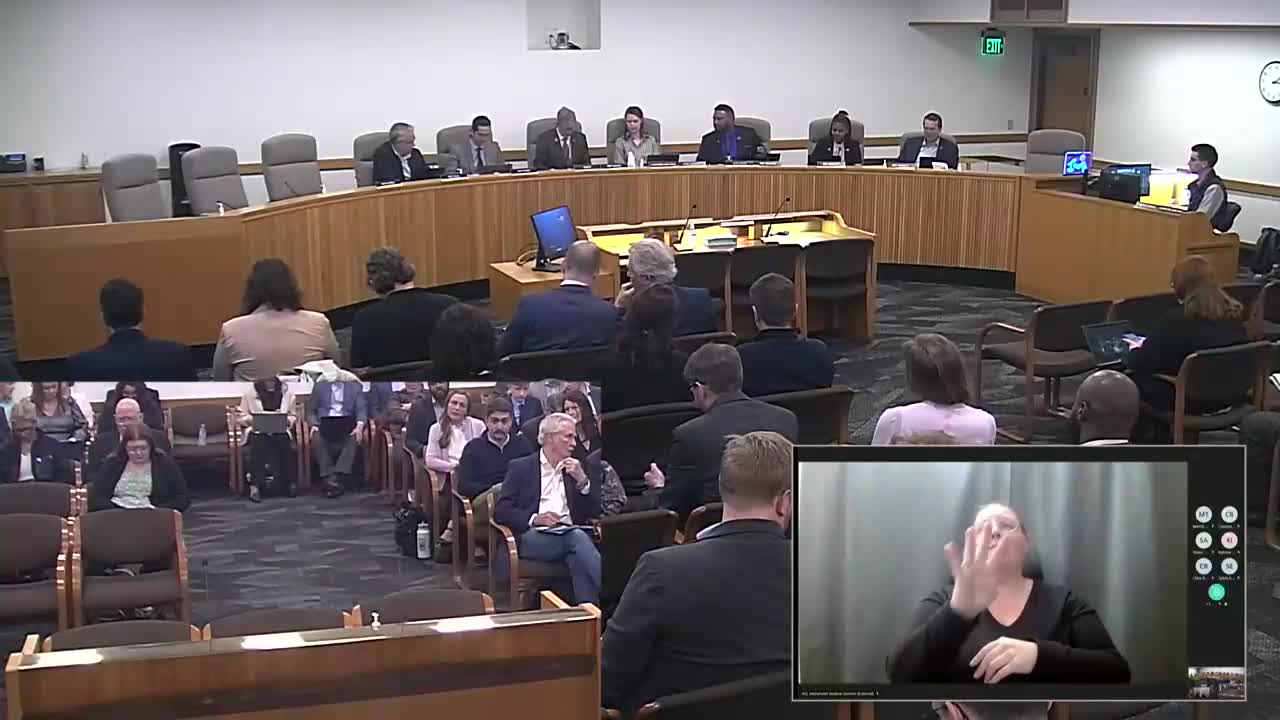
Oregon bill would require hospitals to log unsafe devices, protect staff who report them
